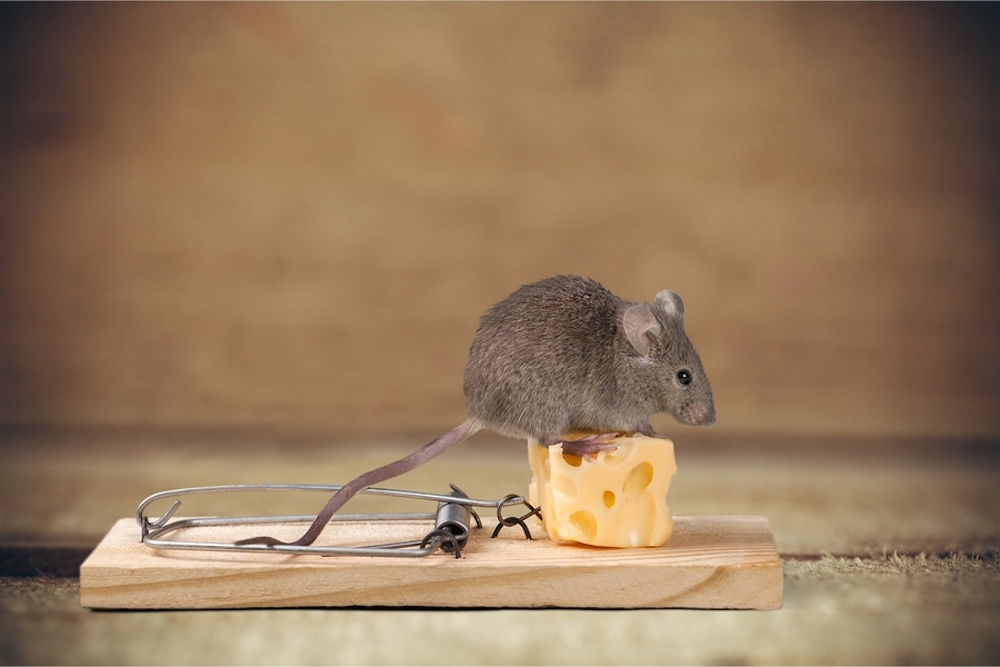When hosting on Airbnb, ensuring a pleasant and safe environment for your guests is paramount. One of the often-overlooked aspects of maintaining such an environment is effective floor drain pest prevention. Pests like cockroaches, ants, and even rodents can easily find their way into your property through floor drains, posing a threat not only to cleanliness but also to your reputation as a host.
Implementing effective Airbnb floor drain pest prevention strategies can save you from the hassle and negative reviews that come with pest infestations. This article explores several practical methods to keep your floor drains pest-free, ensuring a safe and welcoming space for your guests.

Why Floor Drains are Vulnerable
Floor drains are a crucial component of any property, designed to efficiently remove water and prevent flooding. However, their very design makes them susceptible to pest invasions. The dark, moist environment of a floor drain is the perfect breeding ground for pests. Moreover, these drains often connect to larger sewer systems, which are teeming with pests looking for food and shelter.
Understanding the vulnerability of floor drains helps in devising effective strategies for pest prevention. For instance, regularly cleaning the drains and ensuring that they are well-sealed can significantly reduce the likelihood of pests making their way into your property.
Effective Pest Prevention Strategies
Regular Cleaning and Maintenance
Maintaining a regular cleaning schedule is essential for keeping pests at bay. This includes using appropriate cleaning agents to break down organic matter that might attract pests. It's also vital to check for any blockages that could trap water and create a more attractive environment for pests.
Installing Drain Covers
One of the simplest yet most effective ways to prevent pests from entering through floor drains is to install drain covers. These covers act as a physical barrier, preventing pests from crawling through the drains and into your property. They are especially useful in preventing larger pests like rodents while still allowing water to drain efficiently.
Using Natural Repellents
Natural repellents, such as essential oils and certain herbs, can be effective in deterring pests. For example, peppermint oil is known to repel rodents and insects. Spraying a diluted mixture of peppermint oil near drains can help keep pests at bay. Similarly, placing dried herbs like lavender and bay leaves around floor drains can act as a natural deterrent.
Additional Resources for Pest Prevention
For Airbnb hosts looking to expand their knowledge on pest prevention, there are numerous resources available. Websites like TrapX's Airbnb Cleaning and Pest Prevention offer detailed guides on maintaining a pest-free environment. Additionally, the Purcor Pest Blog provides insights on effective pest control strategies specifically tailored for Airbnb properties.
When to Call in the Professionals
While DIY methods can be effective, there may be times when professional pest control services are necessary. If you notice a persistent pest problem despite your best efforts, it may be time to consult with experts. Professional pest control services can provide more comprehensive solutions and ensure that your property remains safe and inviting for guests.
Signs It's Time to Call Professionals
Recurring pest sightings, unusual smells, or evidence of nesting are all signs that it might be time to call in the experts. TrapX's guide on when to call pest control for Airbnb offers further insights into addressing severe infestations.
Conclusion
Ensuring effective Airbnb floor drain pest prevention is crucial for maintaining a clean and welcoming environment for your guests. By understanding the vulnerabilities of floor drains and implementing strategic prevention methods, you can significantly reduce the risk of pest infestations. Remember, maintaining a pest-free environment not only protects your property but also enhances your reputation as a responsible and attentive host. For more detailed strategies and insights, consider exploring resources like Host's Pest Prevention Toolkit.

FAQs
How often should I clean my floor drains?
It is recommended to clean floor drains at least once a month to prevent the buildup of organic material that can attract pests.
Can natural repellents be as effective as chemical ones?
While natural repellents can be effective, they may not offer the same level of protection as chemical solutions. They are best used as part of a broader pest prevention strategy.
What should I do if I notice pests despite my prevention efforts?
If you notice recurring pest problems, it may be time to seek professional pest control services to address the issue more comprehensively.
